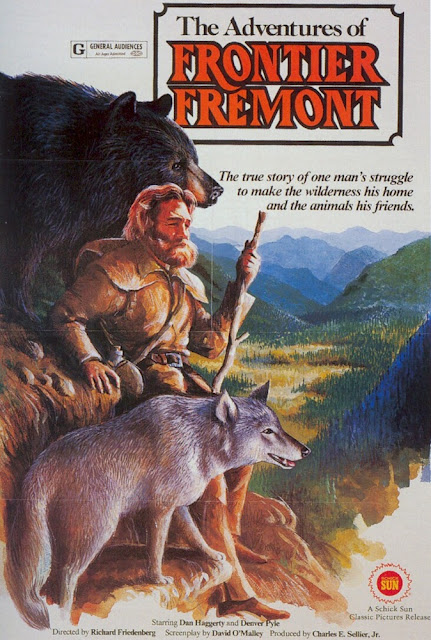
It’s time to leave the real world behind and venture into the alternate universe created by a gentleman named Craig Denney, whose single contribution to the history of cinema is a mesmerizingly terrible paranormal parable called The Astrologer, of which he was both director and star. In this movie, Denney—perhaps best described as George Hamilton’s doughy little brother—plays a man whose adventures captivate the entire world, and whose mystical abilities far surpass those of normal people. Yes, The Astrologer is a cinematic ego trip of spectacular proportions. Denney’s moviemaking suggests the desperate groping of a film student who thinks he’s a once-in-a-lifetime genius even though he has trouble grasping fundamentals. Yet what really distinguishes The Astrologer is the insane ambition of the narrative, credited to screenwriter Dorothy June Pidgeon. (Like Denney, she never did anything else in the picture business.) Despite running less than 90 minutes, The Astrologer packs enough plot for a David Lean epic.
This movie goes terribly wrong right from the start, after which problems metastasize at a staggering pace. Running through some high points should give a sense of The Astrologer’s deep weirdness. In a prologue, we meet the title character as a youth picking pockets in Long Beach, California, until he’s jailed for vandalizing police cars. (Establishing the movie’s nonsensical pattern, no reason is ever given for why he committed the crime.) Cut to a few years later, when grown-up Craig (Denney) has become as a bogus psychic. He gives a Zodiacal reading to a woman named Darrien (Darrien Earle), during which he pronounces “Libra” as lie-bra, not lee-bra. (Apparently referencing a dictionary was beyond Denney’s powers.) Craig shacks up with Darrien, but she leaves because he can’t generate steady income, so, naturally, Craig befriends an oil executive who wants to get into the diamond-smuggling business. Cut to Craig in a Kenyan prison after getting caught smuggling. Random violence ensues—such as a shooting punctuated by cartoon blood dripping down the screen—before viewers get treated to a snake-attack sequence set to thundering classical music by Gustav Holst.
Next comes a vignette of someone drowning in quicksand, followed by a lengthy sequence of Craig working on a sailing vessel to the accompaniment of the Moody Blues’ “Tuesday Afternoon.” (As in nearly the whole eight-minute song.) Craig lands in the tropics, where he arranges to sell diamonds to Dietrich (Joe Kaye). Who’s Dietrich, you ask? He’s the corrupt cop who abused Craig in Kenya, obviously. Stop asking silly questions! (Important sidenote: Kaye’s performance is endearingly terrible, especially when he describes a nettlesome female character by saying, “Basically she’s just another guttersnipe—I’ll deal with her accordingly.”) Enriched with $2 million from the diamond sale, Craig returns to California and makes a film titled The Astrologer starring himself. It’s at this point Denney’s movie enters metatextual-freakout territory. The film-within-a-film is a huge success, turning Craig into both a media mogul and a celebrity spiritualist, so he simultaneously produces TV shows and helps the U.S. military by making psychic predictions. In his spare time, Craig tracks down his old girlfriend Darrien, which triggers florid melodrama straight out of a daytime soap.
Appraised conventionally, The Astrologer is such an amateurish endeavor that it doesn’t merit a moment’s thought. Viewed through the proper psychotronic prism, however, The Astrologer is ceaselessly delightful. The acting is wooden. The writing is clueless. The directing is even more so. The production values are hilariously cheap. And in scene after scene, storytelling choices are totally confounding. During a trippy sex-club vignette, the camera repeatedly cuts to a shot of a urinal. During a crucial conversation sequence, the soundtrack omits dialogue in favor of a bombastic Procul Harum song. And in a final grace note, the credits announce that The Astrologer was filmed in—wait for it—Astravision. Perhaps that’s as good a word as any for how disoriented you’ll feel after absorbing the singular experience that is The Astrologer.
It’s not a movie, man. It’s a vision. An astravision.
The Astrologer: FREAKY




